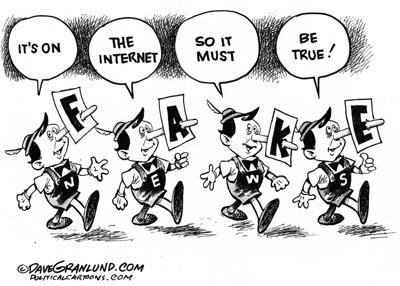India’s ranking in the World Press Freedom Index 2020 stands at 142 out of 180 countries. Is it a good time to ask why Journalism is a dangerous pursuit in today’s time? Is it a good time to ask where is the real Journalism in the buying-selling News business units which are functioning today?
Indian news channels are seemingly holding the spousal responsibilities of political theatrics in the present time. The fourth pillar of democracy is imperative in defining or influencing public opinions, which in turn can indefinitely affect the power circle of the government holding office. However, if media compromises with its ethics, sabotages its credibility– only to maintain a certain give-and-take relationship with the government in power– the threat filters itself on the democratic status of the country.

Media has had a long history of suppression, as it has always been coerced into playing second fiddle to the government. In British India, The Vernacular Press Act of 1878 was passed under the viceroy-ship of Lord Lytton to control (curtail) the freedom of Indian-language press. The act was intended to prevent vernacular press from criticizing British policies and to curb any “seditious writings”. The only difference in the relevance of this act today, stands in the “choice” of the suppressed. Indian news channels are deliberately putting themselves on sale. The higher the price, the greater the patronage. The battlefield, now, is of TRP and money, not of truth and principles.
Journalism has no subtitle to its language; it is pure, bitter confrontation. However, an enfeebled class of journalists, who are perhaps more anchors and less journalists, have demoted themselves into nothing but marionettes in the hands of political parties.
A very close, but extremely unfortunate encounter with the dishonesty of mainstream media was in December 2019, when in a follow up of the anti-CAA protests, Delhi Police forcefully entered my university, attacking protesting students with batons and tear gas. The amount of twisted facts, half-baked truth was baffling to me. Students were turned into stone pelters; a 17 year old boy who opened fire at peacefully protesting students was made a “Jamia Protester”– all by some very prominent news channels.

Few honorable exceptions who still hold on to the little space for truth in their agency, are either deemed as anti-national like Masrat Zahra and Peerzada Ashiq, or assassinated like Gauri Lankesh. If not that, then incessantly trolled like Rana Ayyub. A fairly recent example would be the attack on The Caravan reporters, Shahid Tantray, Prabhjit Singh and a female journalist who remained anonymous for the fear of her safety.
The country’s “influential” news channels, who are expected to be the paragon of journalistic ethics, are basically serving as salesmen for politicians, even competing with each other in becoming the loudest supporter of the government. There is no tolerance for anything anti-national or seditious in the news and information house. The unpatriotic elements are kept under scrutiny by the online allies of the government. Even after this, a particular section of media, especially the recent entries of online news portals, fact-checking websites, still continue to persist in these circumstances, and it is only to their struggle’s testimony that hopeful aspirants like me keep their trust alive in journalism, and in democracy.

As someone who desperately wants to be a part of the “fourth pillar of democracy”, this is not only distressing, but also a horrifying revelation of the price that I and many of my likes will have to pay to enter this profession– that once stood for the power of rightful ideas and uncloaked words.
Nuzhat Khan is a student pursuing English Literature from Jamia Millia Islamia.
Edited By: Shaireen Khan
Disclaimer: The opinions expressed in this publication are those of the author. They do not purport to reflect the opinions or views of The Jamia Review or its members.



GIPHY App Key not set. Please check settings